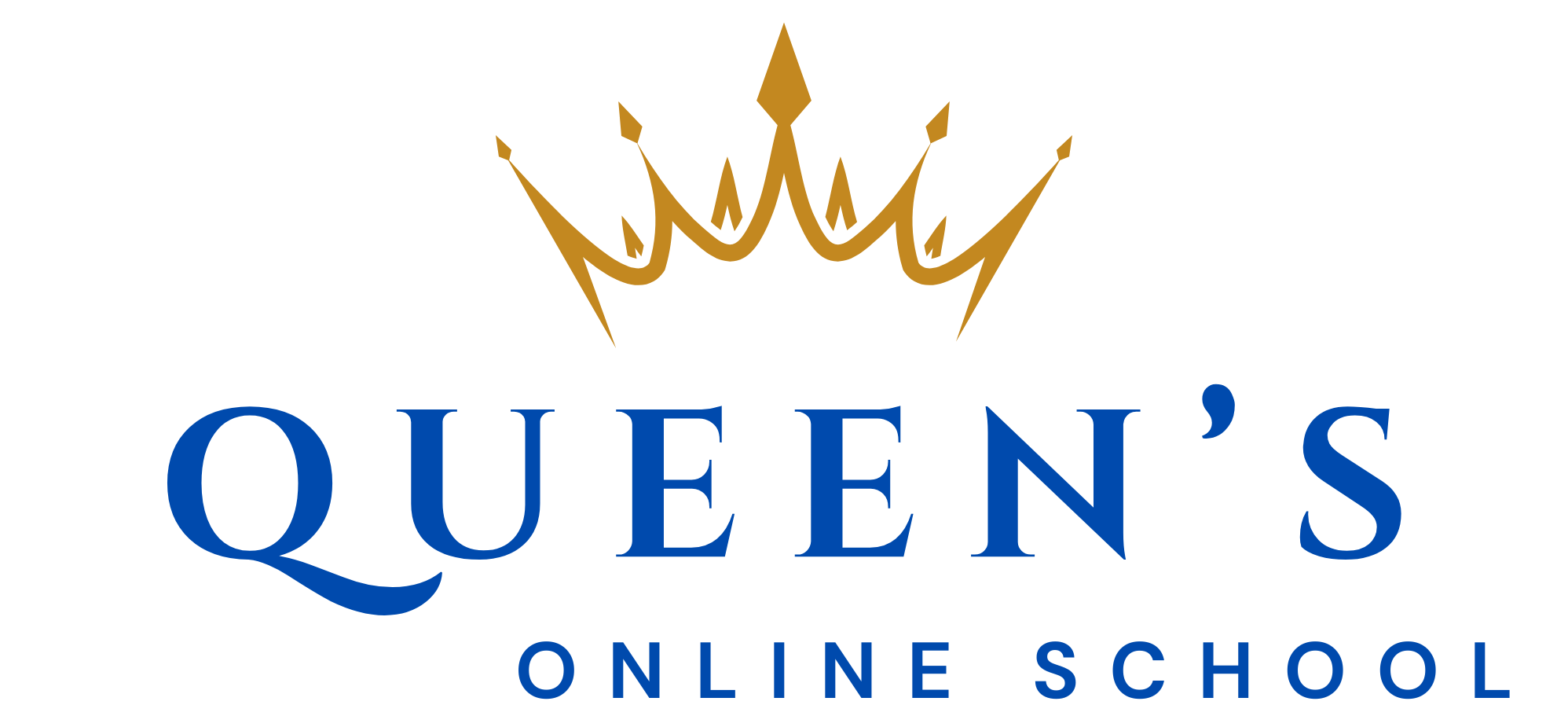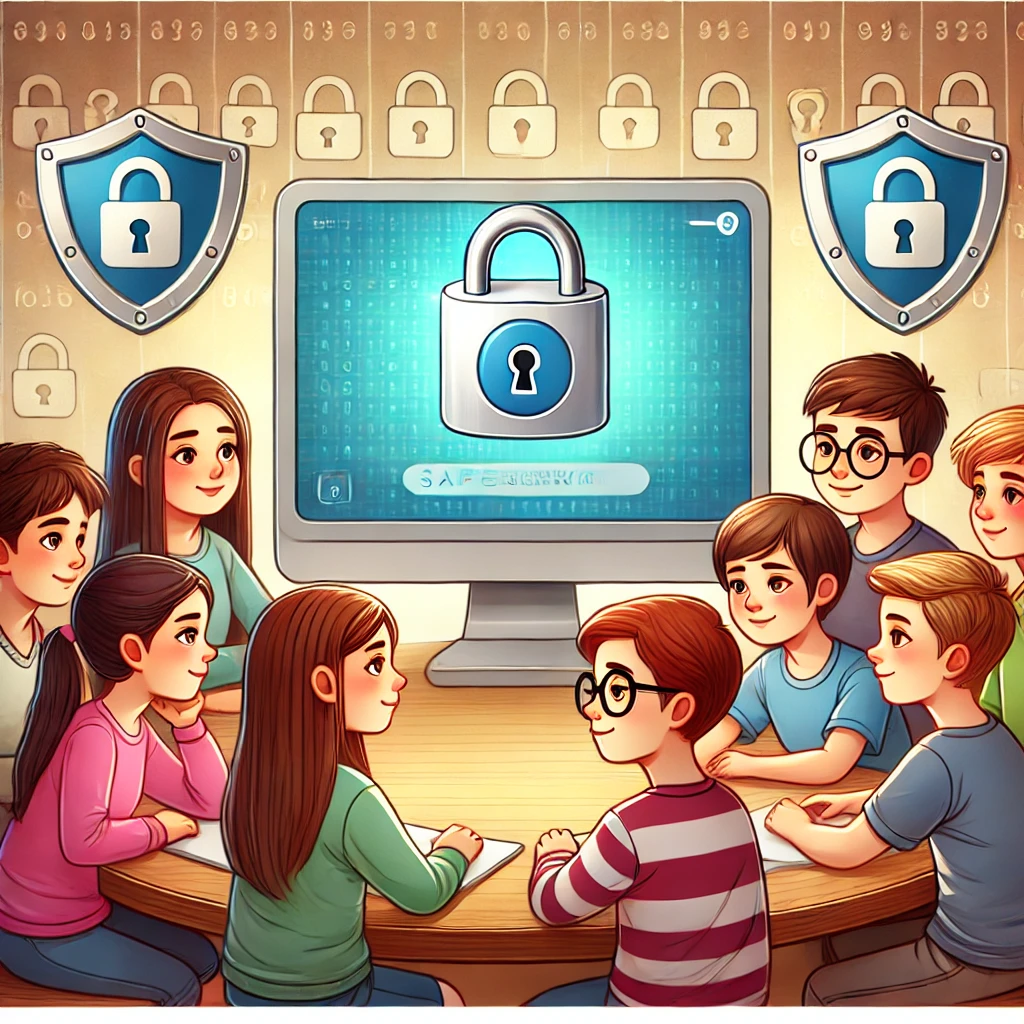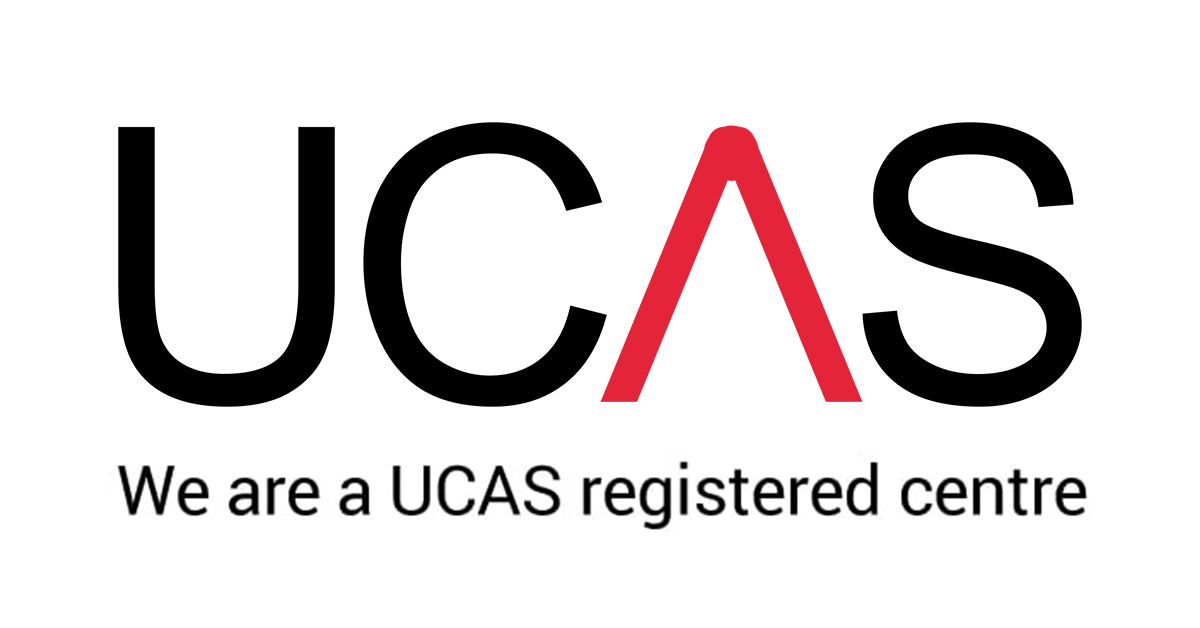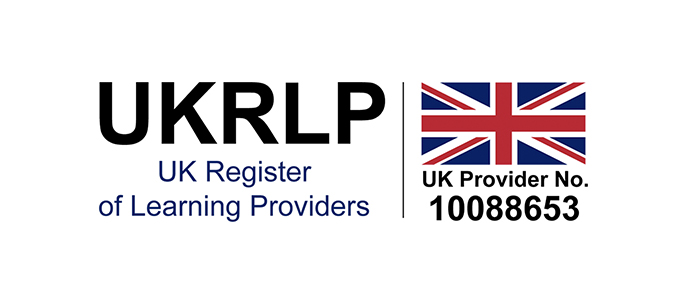Ensuring Safety in Online Education: Why Safeguarding Awareness is Essential for Online Schools
In recent years, online schools have transformed how families access education, offering flexibility, accessibility, and a safe, tailored learning experience. However, with this opportunity comes the responsibility to create an environment that prioritises student well-being and proactively addresses safeguarding concerns. Just as traditional schools have procedures to protect students, online schools must also uphold a strong commitment to safeguarding. This commitment not only ensures that students can thrive academically but also positions online schools as safe, supportive spaces for all students—particularly those who may be vulnerable.
Safeguarding: A Shared Responsibility for Online Schools
Online schools have a unique advantage in providing educational flexibility that many families value, especially those with specific needs or unusual schedules. However, this flexibility can inadvertently attract families seeking privacy for less admirable reasons, including those attempting to hide illegal activities or evade child welfare systems. While these cases are rare, they underscore the need for online schools to maintain strong, proactive safeguarding policies.
Safeguarding in an online setting isn’t simply a matter of compliance but a moral and ethical responsibility. By creating clear policies, training staff, and building an awareness culture, online schools can ensure they are not unintentionally creating a haven for those seeking to evade accountability. Instead, they can solidify their role as responsible institutions that support and protect students.
Building a Culture of Awareness and Protection
Awareness is the cornerstone of safeguarding. Online schools can ensure that staff, educators, and administrators are equipped to recognise the signs of abuse or neglect. For example, teachers should be trained to notice changes in a child’s demeanour, engagement levels, or attendance patterns, as these can sometimes indicate underlying issues. They should also be empowered to report concerns, with transparent processes in place that prioritise the safety and privacy of the student.
When a school actively fosters a culture of safeguarding, it sends a clear message: families are welcome to benefit from the flexibility and accessibility of online learning, but the safety of students is a non-negotiable priority. An environment that values safeguarding also promotes trust, which can make it easier for students to reach out for help if needed.
Technology as a Tool for Safeguarding
Technology plays a powerful role in online education—and it can also serve as a tool for safeguarding. Online schools can leverage tools that track attendance patterns, analyse communication data, and flag concerning changes in student engagement. These tools are not about surveillance but rather about enhancing the well-being of students and providing early interventions when necessary.
Additionally, online schools should ensure students have easy access to mental health resources, resilience coaching services, and communication channels to report concerns. Encouraging open lines of communication with trusted adults or trained professionals can provide a safety net for students who may otherwise feel isolated or vulnerable.
Encouraging a Partnership with Families
For safeguarding efforts to be fully effective, online schools need to partner with families in an open and supportive manner. Families should understand that safeguarding policies are in place to protect all students and are not about prying or suspicion. By establishing this transparency, online schools can create an inclusive environment where families feel welcomed and supported while also understanding the school’s commitment to student safety.
These conversations also reinforce that online schools are safe spaces for students, not a place for families looking to hide misconduct. Online education should represent an opportunity for families seeking flexible, high-quality learning—not a loophole for those avoiding oversight.
Online Schools as Champions of Safe Education
Ultimately, online schools have the potential to be champions of safe, innovative education. They offer a powerful alternative to traditional schooling, catering to families with diverse needs and circumstances. But to fulfil this role, they must hold themselves to the highest standards of safeguarding.
By prioritising student welfare and fostering a culture of safeguarding awareness, online schools can confidently be part of the solution. They can create an environment where students feel safe, supported, and empowered to reach their full potential—assured that their school is not just a place of learning but also a guardian of their well-being. Families should know that online schools are committed to protecting students and that these spaces are a vital part of the educational landscape, where safety and academic growth go hand in hand.
In sum, online schools, like ours, that take accountability for safeguarding are not only meeting an ethical duty but are creating a trusted, inclusive environment that reassures families they have made the right choice. You should choose a school like Queens High School that will not hesitate to contact parents and authorities when we feel there is any safeguarding issue for our students. Through a shared dedication to safety, we can ensure that online education remains a safe and accessible path for all families committed to positive, healthy learning experiences.







